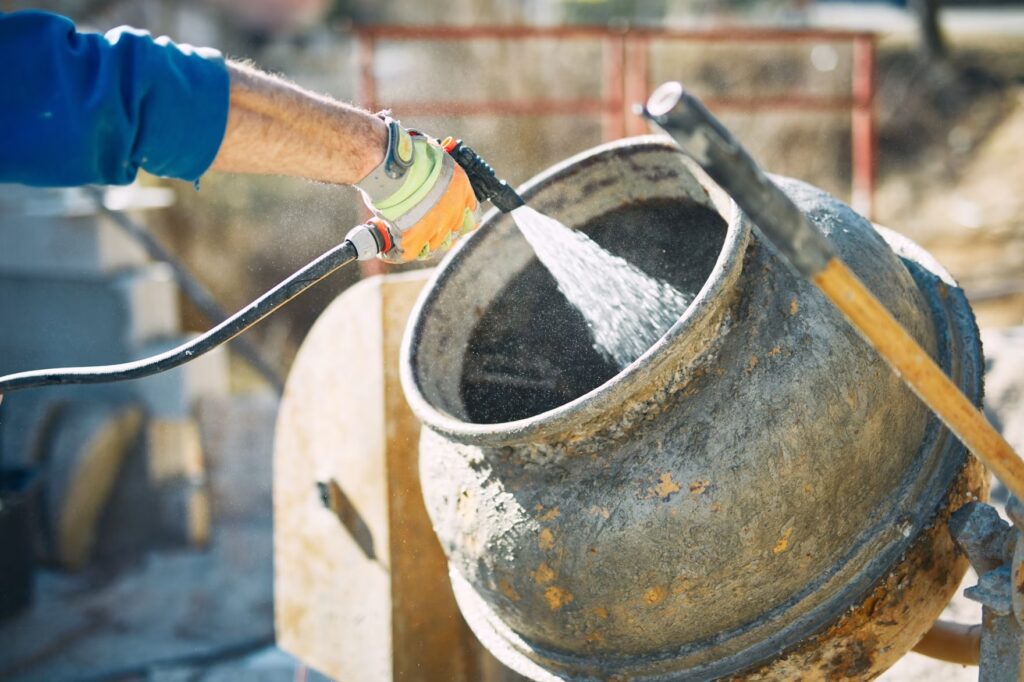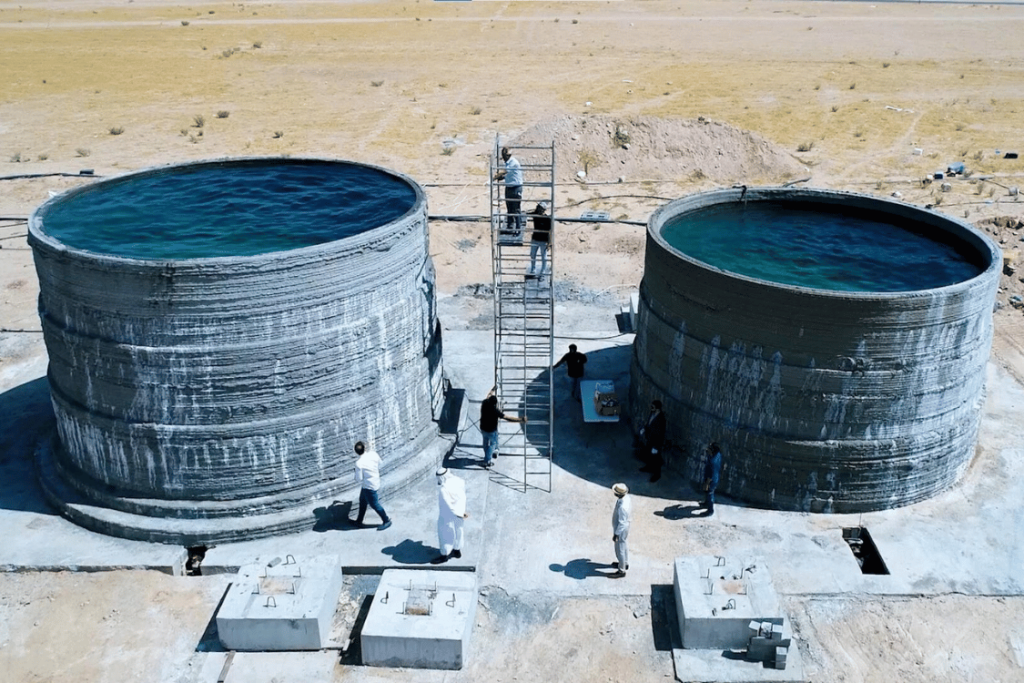
As India continues its rapid urbanization and infrastructure development, the role of water storage in the construction sector has become increasingly significant. The growing demand for housing, commercial spaces, and infrastructure projects puts immense pressure on water resources, making effective water management a critical component of construction planning and execution. This article explores why water storage is essential in India’s construction sector and how it can be optimized to address the industry’s needs and challenges.
The Growing Demand for Water in Construction
India’s construction sector is one of the largest contributors to the nation’s economic growth. However, this sector is also a major consumer of water, required for various activities including:
Concrete Production: Water is a fundamental ingredient in concrete, used for mixing, curing, and maintaining the material’s strength and durability.
Dust Suppression: During construction, water is often used to control dust on construction sites, ensuring safety and compliance with environmental regulations.
Site Preparation: Water is needed for excavation and site preparation processes, which are crucial for laying foundations and building infrastructure.
As construction activities intensify, the demand for water increases, often straining local water supplies. Effective water storage systems are thus vital to meet these demands and ensure that construction projects proceed without interruption.
Challenges Faced by the Construction Sector
The construction industry in India faces several water-related challenges:
Water Scarcity: Many construction sites are located in regions with limited water resources. Without adequate storage solutions, these sites can face delays and increased costs.
Regulatory Compliance: Environmental regulations require construction sites to manage water use efficiently and prevent pollution. Effective storage systems help in meeting these regulatory requirements.
Cost Management: Water is a significant cost factor in construction. Efficient water storage and management can reduce expenses and avoid potential project delays caused by water shortages.

The Role of Water Storage Solutions
On-Site Water Storage: Temporary storage solutions, such as water tanks and containers, are commonly used on construction sites. These systems ensure a steady supply of water for daily operations, reducing reliance on external sources.
Rainwater Harvesting: Implementing rainwater harvesting systems allows construction sites to capture and store rainwater for use in various construction activities. This not only conserves water but also reduces the need for additional water sourcing.
Recycling and Reuse: Water recycling systems can be integrated into construction sites to treat and reuse water from activities such as concrete mixing and site washing. This approach minimizes waste and maximizes the efficiency of water use.
Integrated Water Management Plans: Developing comprehensive water management plans that include storage strategies helps in planning and executing construction projects more effectively. These plans can incorporate aspects like water sourcing, storage, usage, and disposal.
Benefits of Effective Water Storage
Enhanced Project Efficiency: Reliable water storage systems ensure a continuous supply of water, preventing delays and interruptions in construction activities.
Cost Savings: By reducing dependence on external water sources and minimizing wastage, effective storage solutions can lead to significant cost savings for construction firms.
Regulatory Compliance: Proper water management and storage practices help construction companies adhere to environmental regulations, avoiding fines and contributing to sustainable development.
Environmental Impact: Efficient water use and storage contribute to the overall environmental sustainability of construction projects, supporting broader goals of conservation and responsible resource management.
Conclusion
Water storage is a critical component in the construction sector, essential for managing the growing demands of India’s urban and infrastructure development. By implementing effective storage solutions and adopting innovative practices, the construction industry can address water-related challenges, enhance project efficiency, and contribute to sustainable development. As India continues to build its future, the role of water storage will remain central to achieving both economic and environmental goals in the construction sector.


